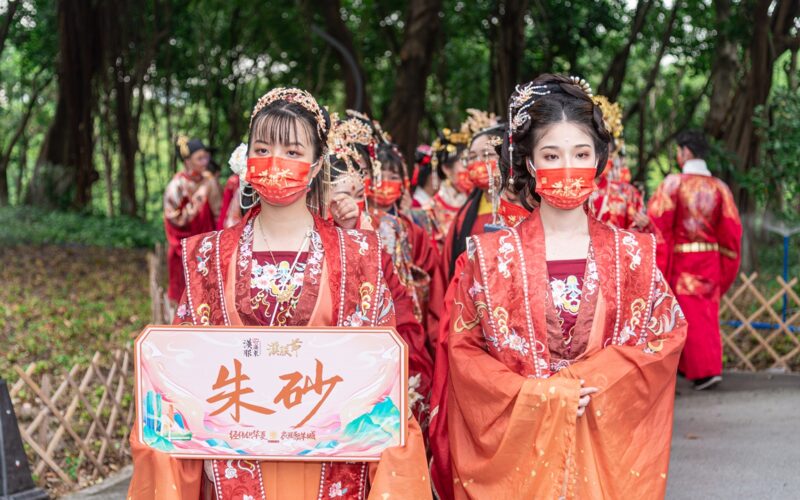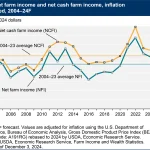
Resurgent pride in culture emerges in latest market research.
Combining something of the old with more of the new would go a long way to strengthen New Zealand’s export relationships with China as the country advances on a wave of newfound patriotism.
Latest research by NZ Trade and Enterprise subsidiary New Zealand Story on the Chinese market has provided an update on a market last surveyed in 2018.
The qualitative research interviewed consumers in China’s Tier 1 cities on their perceptions of NZ and has provided some insights on shifts both in Chinese peoples’ perceptions of themselves, and their views on the rest of the world.
Lead researcher Joshua Thomas-Goode of FiftyFive5 said despite the trials China has endured since covid with brutal lockdowns, a soft economy and a collapse in the real estate market, a strong sense of national pride has emerged.
This has come as much from consumers’ ability to weather those hardships as it has from China finding its place in the world.
“They really feel that China is leading now both economically and culturally. They have moved from being the world’s factory to a leader in tech.”
With that, Chinese consumers are less apologetic and tending to embrace patriotic traditions of the prosperous Han dynasty, even if they still see themselves as poorly understood by most Western nations.
This has been reflected in South China Morning Post reporting growth in wearing “Hanfu”, the dynasty’s traditional dress, which has surged in recent years.
“So, it’s important for NZ businesses to recognise China’s progress, and approach their relationship with an understanding of this new leadership.”
Looking outward at NZ, some of the staple perceptions held by Chinese are as solid now as they were six years ago.
Empty landscapes, high -quality produce and care for the environment all still figure as positives, anchored alongside NZ’s pace of life, strong welfare system and stable political landscape.
Along with food and tourism, education continues to be vital connector between Chinese consumers and NZ, with our more relaxed education system viewed positively by Chinese parents keen to send their children here.
But it is Chinese consumers’ appreciation of Māori culture that provides a valuable understated touchpoint for market expansion there.
“It is a pretty superficial understanding, but they understand that we embrace it. It shows we are more accepting than other Western countries, more open minded to non-Western views. It is a point of connection,” said Thomas-Goode.
“If a business has an authentic aspect of Māori culture to it, it is a unique advantage that can be played to add value in China.”
This sits well alongside NZ’s food brands, which remain highly regarded and trusted in China where food safety still plays strongly on consumers’ minds.
He said shifts in demographics with an aging population and lower birth rate are likely to see more opportunities open up for the likes of dairy products.
Meantime shifts in tastes are seeing more consumers seeking out new fruits in particular, with expectation of very high quality among imported product.
If connection to an old non-Western culture is a positive, then more work is needed in NZ linking to the “new” of technology and industry when aligning with China.
“There is low awareness of the technology we have. Pristine landscapes have their role but promoting more around our R&D ability is increasingly important.”
Advances in artificial intelligence are playing heavily on the minds of Chinese businesses and consumers, with AI curriculum content an expectation among Chinese parents.
“The innovations we have highlighted have been well received. They are just not as well known as they need to be.”
You can now read the most important #news on #eDairyNews #Whatsapp channels!!!
🇺🇸 eDairy News INGLÊS: https://whatsapp.com/channel/0029VaKsjzGDTkJyIN6hcP1K

























